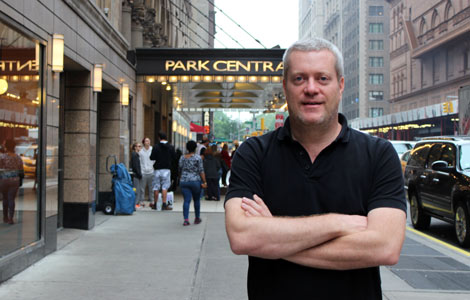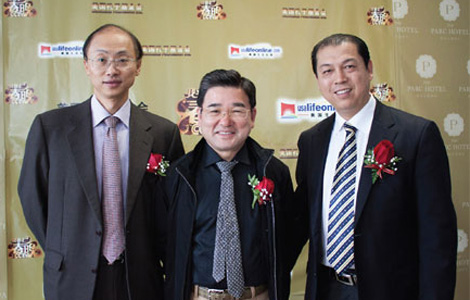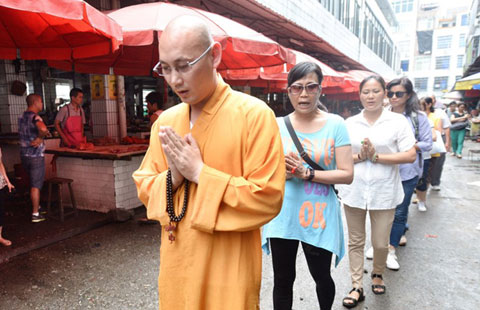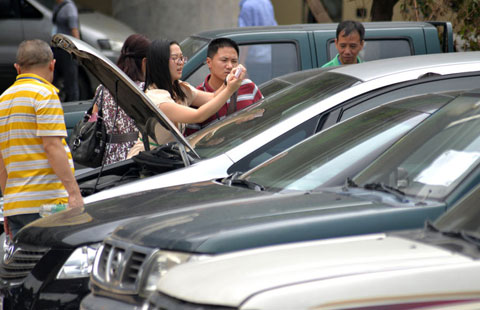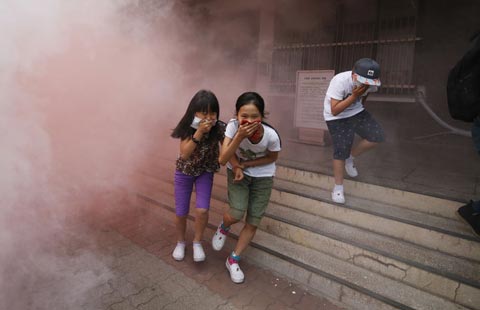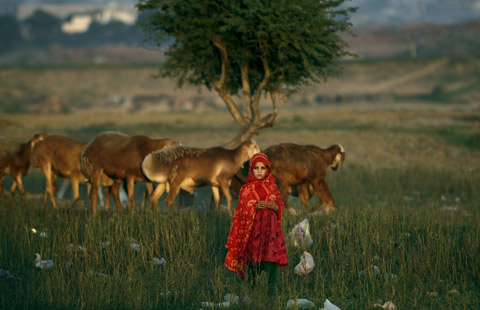China hits the 'High C' of Western opera
Updated: 2014-06-22 01:04
By LI ANG in New York (China Daily USA)
|
||||||||
|
(From left) Baritone Yunpeng Wang, pianist Siyi Fang, soprano Ying Huang, journalist Ken Smith at a panel at Asia Society in New York to discuss about the Western opera in China. Li Ang / For China Daily |
"If you don't have the High C, then you're not good," said Yunpeng Wang, a 25-year-old baritone.
"What is interesting about China is they are building the halls, they are finding out what to put in them, and how to get audiences all at the same time," said music critic Ken Smith.
The comments about the "High C" and "the halls" were part of a discussion at the Asia Society in New York about the changing opera scene in China. A brochure distributed to the audience introduced the topic on the evening of June 19 by stating: China is confirming Time magazine's prediction that "the future of opera may be in China."
Ying Huang, a renowned Chinese operatic soprano hailed as "the nightingale from China," and Wang were joined by pianist Siyi Fang in the discussion, which included live performances by the artists, as well as film clips of three operas.
Wang is a member of the Metropolitan Opera's Lindemann Young Artist Development program. He will make his Metropolitan Opera debut this coming November in The Barber of Seville as Fiorello. Fang is a fellow of the Music Academy of the West in Santa Barbara.
"There's a boom of opera in China right now, major cities built up new performing art centers like NCPA (National Centre for the Performing Art) and they are booking for things to put in opera houses, ‘'said Smith, who is a performing arts critic for the Financial Times in Hong Kong. "Since 2000,I've been in China to see the third wave of Western opera."
Huang, who has been performing worldwide, said: "I've been a witness for the last 20 years, I came back (to US) at least one time a year before, but now, most time I'm in Shanghai and Beijing, performing at the NCPA and Shanghai Grand Theater."
In next five to 10 years, China will be a "great market for Western opera," she added.
The performing arts center puts on 15 to 20 opera productions every year, said Wang. "This really gives education to the audiences in China, they are more professional right now," he added.
Commenting on differences between Chinese and American audiences, Wang said Chinese people focus more on the voice instead of the whole package. "If you don't have the High C, then you're not good," he said.
"You bring up certain points," said Huang, "but generally speaking, I think in opera music is so unique, words don't matter sometimes. Music doesn't have boundaries. There are culture differences between Chinese audience and Western audiences, but Chinese audiences are getting more education from different programs."
Huang told the audience she is returning to China in September as a "cultural ambassador" and to teach students at her alma mater, the Shanghai Conservatory of Music.
"I don't see myself only as a singer, I see myself have really strong responsibility, to be a missionary, to build the bridge between Western and Eastern culture through music and singing," she said.
On the trend of Chinese composers trying to make Chinese language into an international opera language, Wang expressed confidence the ability of Western opera singers to perform in Chinese.
Referring to an experimental opera performance in Beijing, he said, "In the end, we had the gala concert, all of them (Western opera singers), all sang Chinese pieces in Chinese. It was really amazing."

 Hainan launches Beijing-Boston nonstop service
Hainan launches Beijing-Boston nonstop service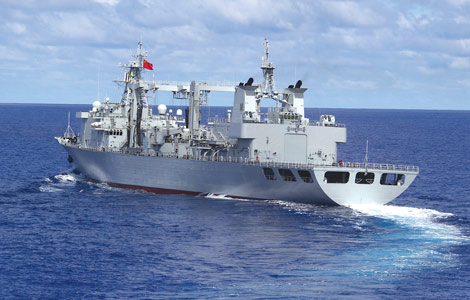
 US Rep questions US 'pivot' strategy
US Rep questions US 'pivot' strategy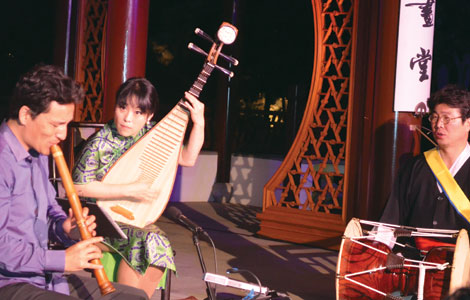
 Huntington library hosts Wu Man's final concert
Huntington library hosts Wu Man's final concert
 Entrepreneur spreads Chinese culture
Entrepreneur spreads Chinese culture
 Outstanding 50
Outstanding 50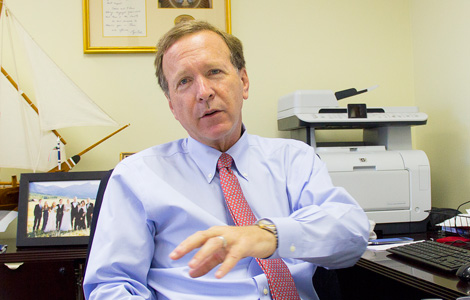
 Neil Bush: Continuing a father's legacy
Neil Bush: Continuing a father's legacy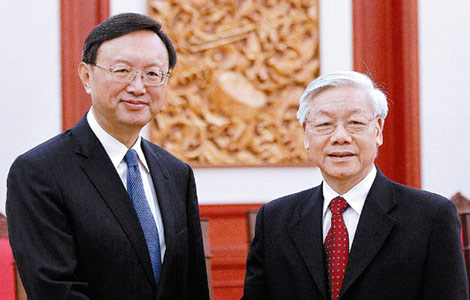
 Beijing, Hanoi vow to act on friction
Beijing, Hanoi vow to act on friction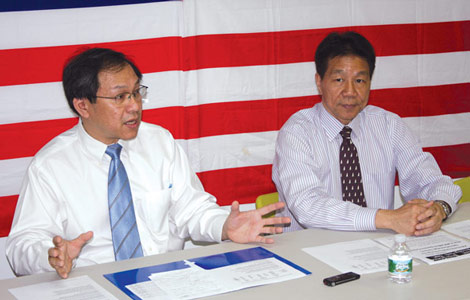
 Coalition to host forum over NYC school admissions bill
Coalition to host forum over NYC school admissions bill
Most Viewed
Editor's Picks

|

|

|

|

|
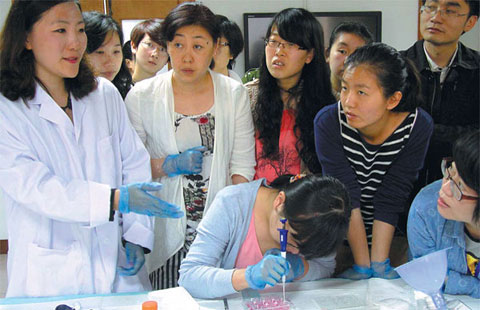
|
Today's Top News
White House announces steps to address immigrant surge
Chinese Americans honored at annual business gala
13 dead, 3 injured in Xinjiang police station attack
China's wealth management products total $2.1 trillion
US to send 300 military advisers to Iraq
Greek PM salutes 'a game changer'
Evacuation plans made for Chinese workers in Iraq
Evacuation plans made for Chinese workers in Iraq
US Weekly

|

|
